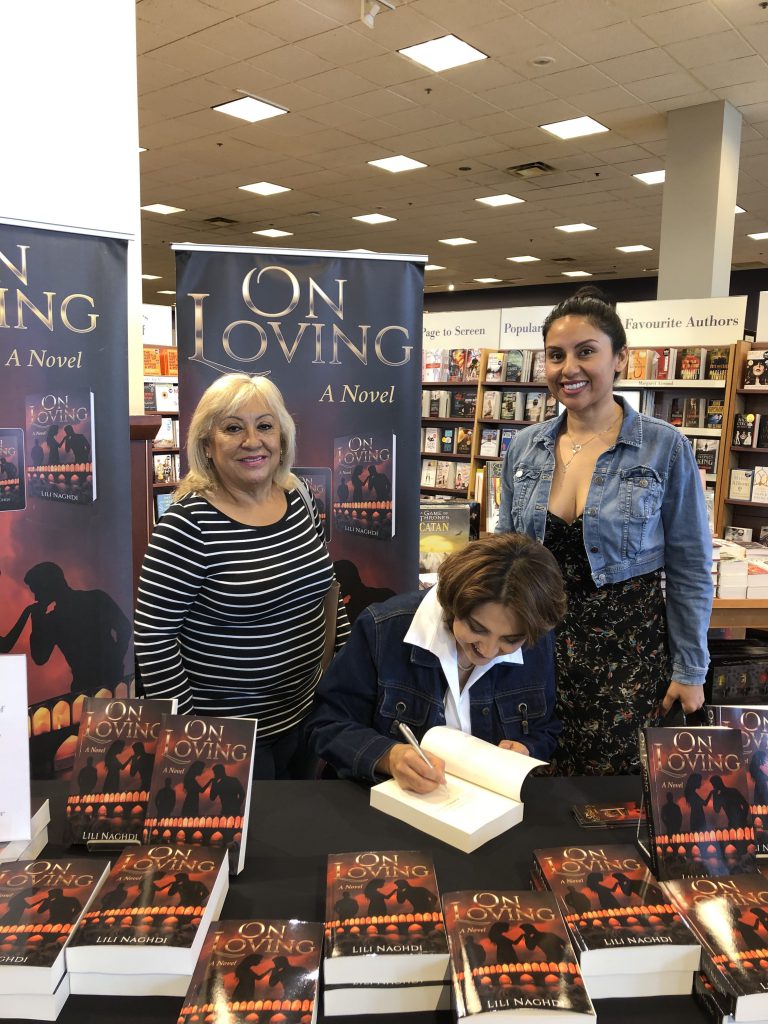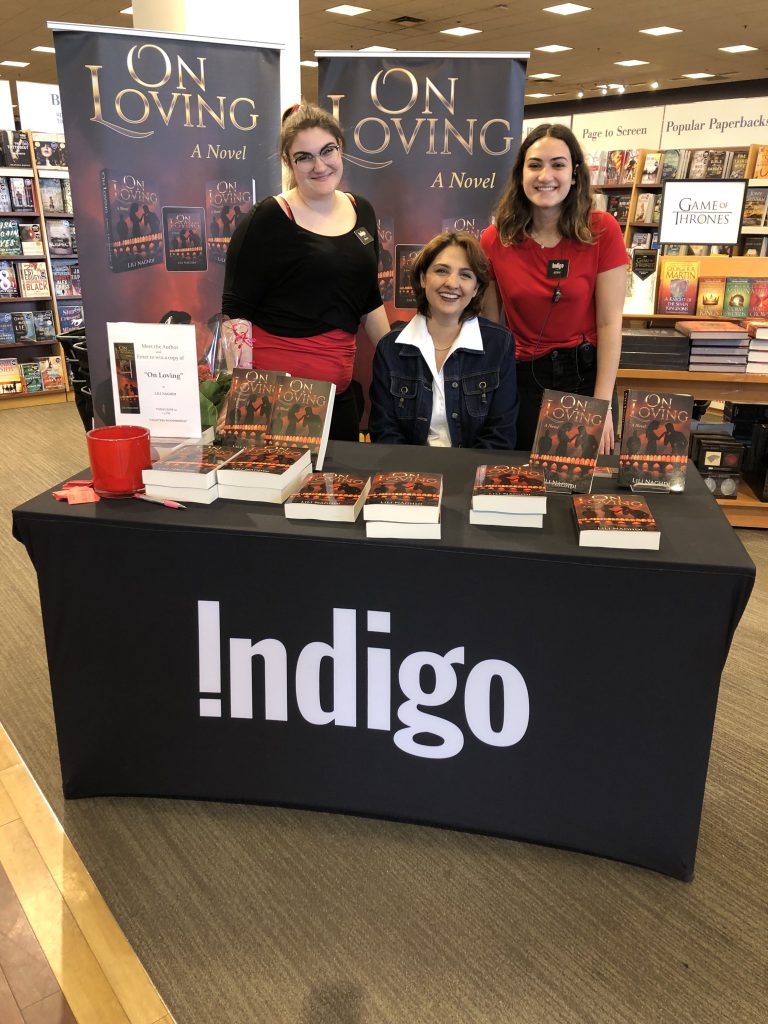Toronto-area doctor and author Lili Naghdi on adapting her family practice and author work in the face of COVID-19
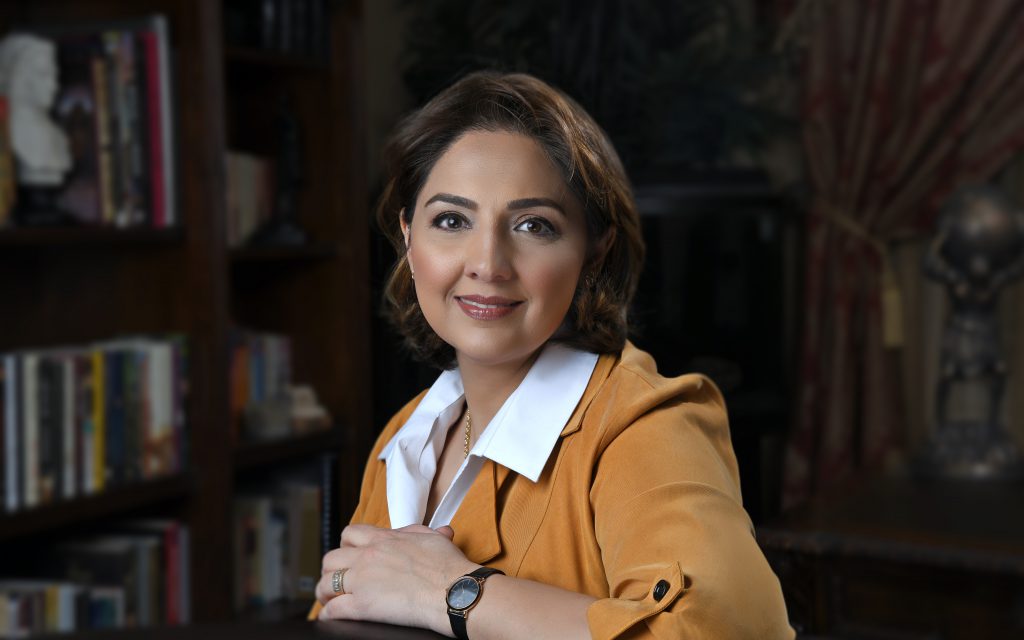
1. Can you tell us a bit about yourself?
I am a family physician and researcher practicing in Vaughan, Ontario and I published my debut novel, On Loving, last year. I was born and raised in Iran and continued my medical education and research after moving to Canada with my husband and daughter in 1996. My particular interests are women’s and mental health.
2. What inspired you to write On Loving?
I’ve been a huge fan of literature for as long as I can remember, and one of my dreams as a young girl growing up in Iran was to become an author one day! Persian poetry has always been intriguing for me, and Forugh Farrokhzad, the late contemporary Iranian poet, who was also a women’s rights activist, remained a great inspiration to me since the day I first started reading her works. “On Loving” is the title of one of her famous poems written in Farsi.

My occupation has been another source of inspiration for writing “On Loving.” Working throughout the years as a family physician enabled me to explore the effects of different basic emotions on people’s physical and mental health and to assess the role these feelings play in controlling people’s interpersonal relationships. I finally decided to share my experiences in both fields by creating “On Loving” and focusing on a young woman’s complicated life journey, a turbulent journey full of twists and turns, which ultimately helped this strong yet fragile accomplished woman achieve self-awareness.
I trust that literature can act as a sturdy bridge connecting different cultures, so by using this bridge and the pages of “On Loving,” I introduced my readers to the rich Iranian culture and heritage, its ancient history, and, more importantly, real Iranian people through the eyes of On Loving’s main protagonist, an adopted Iranian-American physician.
3. What is the main message you share in your book?
I’ve always been amazed by how we, as human beings, react in our unique and different ways in similar situations or circumstances in life. Many of us never know who we really are and what we really stand for until it is too late. In other words, we may never get to know ourselves, our strengths, our weaknesses, our true potentials until the last day we live! Understanding the importance of achieving self-awareness – most possibly the hardest task to succeed in life- through working on our pure feelings and emotions, was one my main messages to reflect upon and share with my readers.
You may remember Ayn Rand’s famous quote from The Fountainhead: “To say ‘I love you’ one must know first how to say the ‘I.'” In fact, for many of us, most “emotions,” such as love, hatred, jealousy, joy, trust, sadness, … are so difficult to process and act upon in proper ways. It is essential to understand where they originate from and how they can morbidly affect our behavior, mental, and physical health.
To say ‘I love you’ one must know first how to say the ‘I’.
Ayn Rand
4. How has your work as a physician impacted the story in On Loving?
As a family physician with a keen interest in women’s and mental health, I tried to draw more attention to the issues that I’ve found more prevalent and profoundly disturbing for most people. Common conditions such as depression, anxiety disorders, PTSD, suicide, homicide, bereavement, SIDS (Sudden Infant Death Syndrome), kidney failure/transplant, breech delivery, breast cancer, domestic violence, … were among the topics discussed in this novel.
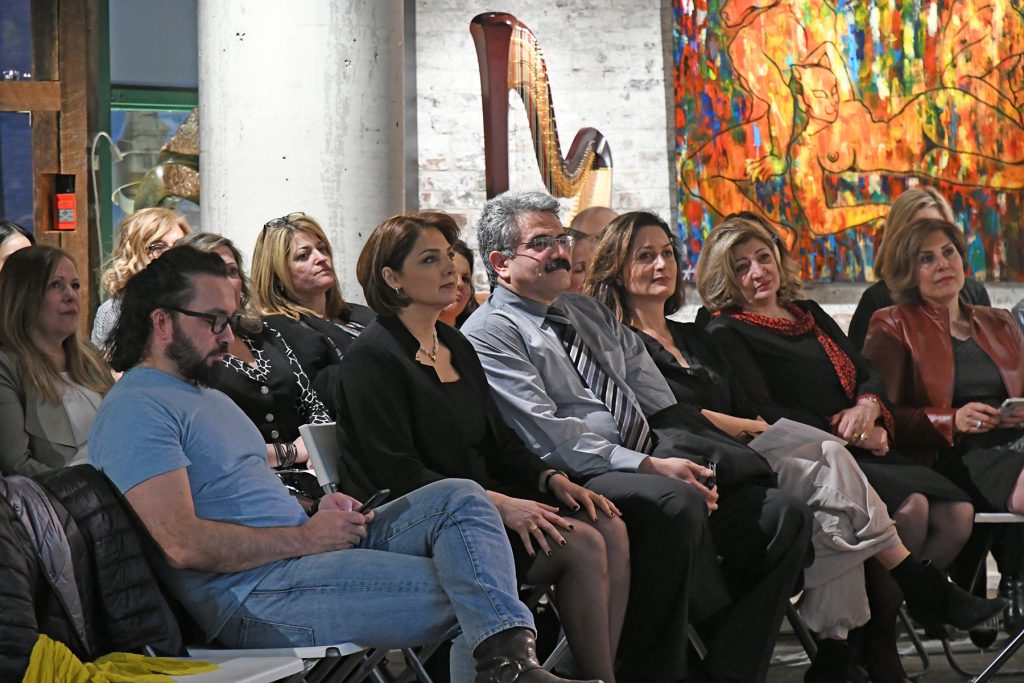
Author Lili Naghdi at her book launch for “On Loving” in Toronto’s Distillery District. 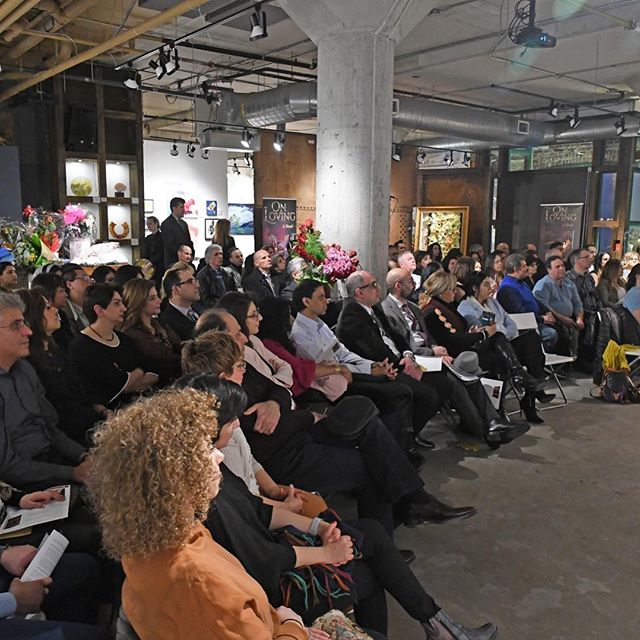
5. What have you been doing to market and promote your book?
On Loving’s book launch was one of the most exceptional experiences of my life and a good starting point for promoting my work. I started working with Tellwell’s marketing department after On Loving‘s publication last year which was very helpful. Goodreads giveaways, meet the author and book signing events in libraries, bookstores, and book clubs, having blogs and podcast interviews, book trailer productions both in English and Farsi, interacting with the fans through my social media accounts, and virtual book tours were among the strategies I’ve used for On Loving‘s promotion.
6. What advice do you have to authors going through the publishing process?
When you are a new author, every step of the way becomes a good learning point. You may make mistakes, but you will learn from them in the end. Consulting book marketing experts and other authors, checking out useful blogs, websites, and reviewing articles related to different aspects of this process are undoubtedly helpful.
7. You are working as a physician in the Greater Toronto Area. How has the coronavirus impacted your life at work and at home?
As health care workers and physicians, we have been implementing more strict safety measures for our patients and staff in our busy health center as per public health and Ontario Medical Association’s evolving instructions and guidelines, trying to reduce the chances of exposure as much as we can. Like other Canadians, my family and I have been trying to follow the recommendations. We are all dealing with this pandemic and its consequences like other members of the global community. To protect and save as many people as we can, we certainly should be more vigilant and act more responsibly.
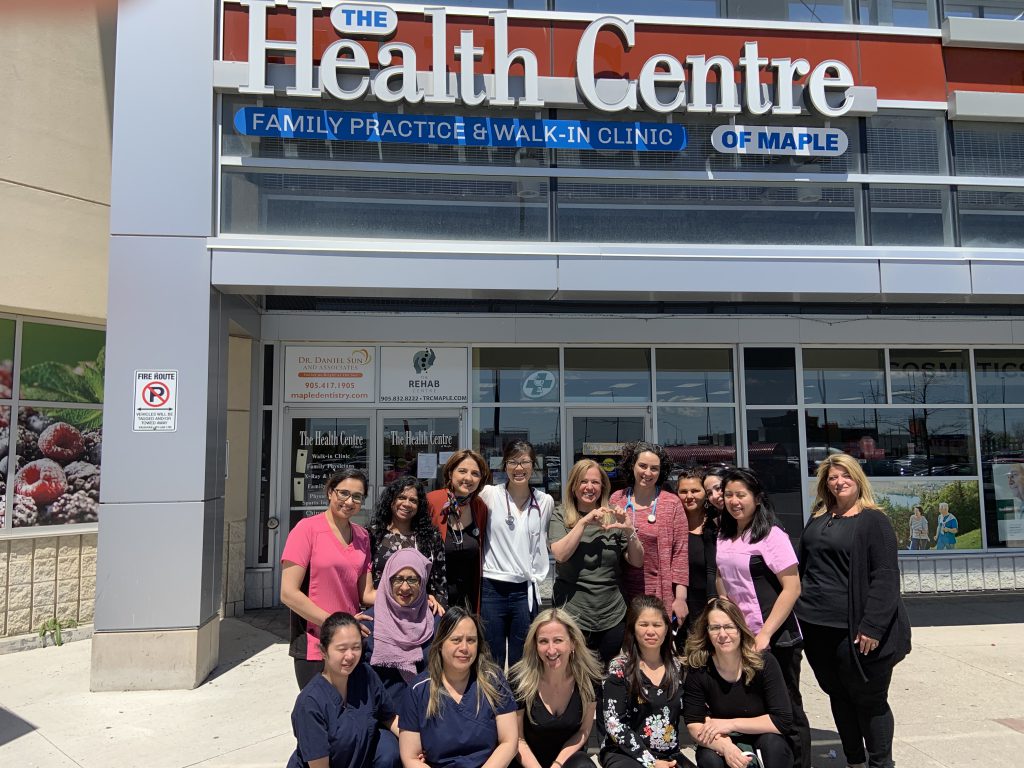
8. As one of the family physicians practicing medicine in Ontario, can you give us an idea of what has changed due to the Covid-19 pandemic in the way you practice so far?
We are now trying to do phone and virtual consults as much as possible to reduce the chances of exposure as per OMA instructions. For patients that need to be seen physically, we have the screening station at our front entrance of the health center. All patients are being asked to wait in their vehicles before being called in to be checked by our physicians. All physicians and staff are using their PPE’s (Personal Protective Devices), washing hands and changing gloves promptly and more frequently, and they all follow the protocols much more closely. Patients are very cooperative and also appreciative of these preventive measures, and it seems that our community entirely understands the critical situation we all are in and the need to protect the public and reduce the chances of spreading the virus.
9. You’ve recently had to self-isolate after being exposed to a patient highly suspicious of Covid-19. How are you doing and how are you spending your time?
I was assessed by our colleagues in the ER since the Covid-19 assessment centers were not functional at that time, and subsequently, I was asked to self-isolate in my room. My test came back negative for Covid-19 at the end, but I continued suffering from the flu symptoms for a few days. During my self-isolation period, I tried to continue working from home. I can’t emphasize enough on the importance of self-isolation when someone starts with cold and cough symptoms at this time and point.
10. How are you feeling about the coronavirus outbreak in general? What is your outlook for the next few months?
This is a pandemic, and there is no doubt about the seriousness of the situation. We are at war! Unfortunately, we will see a dramatic increase in the number of cases as predicted, but eventually, we will get through it. Covid-19 is a smart and robust opponent, as we all know by now; however, this is the most vital time for us to prove that we can be smarter and stronger by acting responsibly. We are not the first or second country that has been affected by it, so certainly, the hope is for us to use other countries’ experiences to be able to contain it in a better and faster way. There is no excuse for any of us to say that we didn’t know, or we didn’t follow the crucial measures, even as government officials, health care workers, or people in general. To save lives and control the situation, people need to stay home, wash their hands frequently, and take social-distancing seriously.
I am an Iranian-Canadian, and I also follow the situation in Iran. Many of my classmates and colleagues in Iran are working night and day with the Covid-19 cases, and some, unfortunately, lost their lives because of the exposure. Due to sanctions, access to PPE’s and medical supplies, including medications, is very limited, and they are putting their lives at risk to help a rapidly increasing number of cases daily. I would like to take this opportunity to salute them and also salute other health care workers all over the world for what they are doing to save their communities. I just read in the news that Cuban physicians were rushing to help their Italian colleagues battle the coronavirus outbreak, and I was so touched by that! Selflessness has no limits!
11. How is the Covid crisis impacting your work as an author?
At this point, everything else should be put on hold since the situation is critical. Regardless, I still work on my posts and share them in my social media accounts weekly, but my main focus is on getting through this time working alongside my colleagues, patients, and community.
12. Are there themes or messages in your book that relate to what is happening right now?
I can think of one, at least, which I will share with you here:
In her opening statement as a guest speaker in a conference in Paris, Dr. Rose Hemmings, On Loving’s main protagonist, honors the great scientist, Marie Curie, by using her famous remark:
“You cannot hope to build a better world without improving the individuals. To that end, each of us must work for his own improvement, and at the same time share a general responsibility for all humanity, our particular duty being to aid those to whom we think we can be most useful.”
I think this honest quote can remind us of our main duty at the hard times we are experiencing as a global community right now and highlight the importance of our contributions to keep everyone safe.
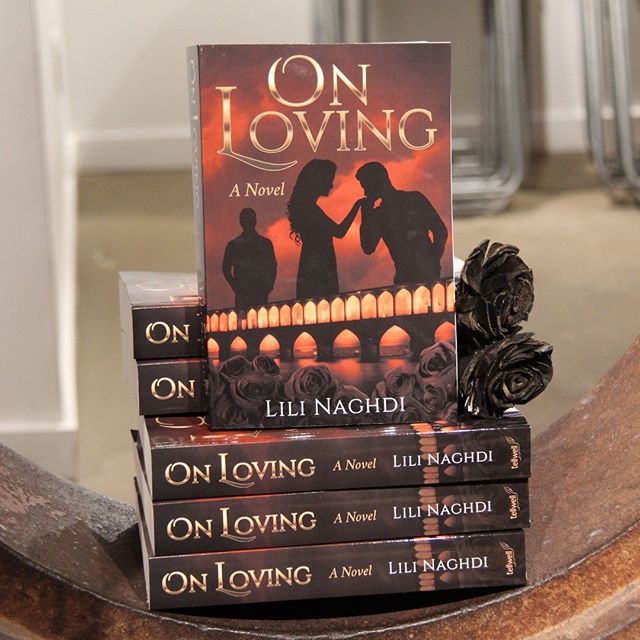
13. What’s next for you, both in the near future in your day to day life, as well as your work as an author?
With the current situation and like many others, I believe that I need to plan things day by day. I have started working on a new novel a while ago, and I would like to continue working on it in the near future.
14. Do you see yourself writing a book inspired by these recent events, and your experience on the front lines?
While in self-isolation, I was thinking about the same thing! Perhaps writing another novel with the title: “Life in the Time of Covid-19: A Physician’s Memoir!”
15. Thank you for all the hard work you do, putting others above yourself, as you help those who are sick during this global health crisis! Are there any parting words, quotes, or poems you would like to share with us as a last thought?
Thank you for giving me this opportunity to share my thoughts with your readers through this platform, not only as an author but also as a family physician. The following is what I have been reviewing repeatedly with my patients, friends, and family during these crises: “when you travel on a plane, you are required by law to turn your cellphone’s airplane mode on until you arrive at your destination. Likewise, throughout our current crisis, we all need to turn our own systems’ “Survival Mode” on and follow public health recommendations one by one and respect the rules to reduce spreading of the virus until we finally reach the time that the proper vaccination and hopefully more effective medications for treating Covid-19 become available to us. We can then safely turn the “Survival Mode” off and resume our routine activities just as before! Our physicians, nurses, researchers, and health care workers are the front line soldiers to defend us, and the rest of the army consists of everyone else. Our country, our countrymen, and women desperately need us to cooperate and to support our frontline defenders by taking good care of ourselves and keeping the emergencies less crowded as much as we can. As physicians, we need your help more than ever to be able to help you!”
In the end, I would like to leave you with one of my favorite poems from Sa’adi,13th-century Persian poet, translated to English by Edward Eastwick which is also inscribed on the plaque on the wall of the United Nations commemorating the United Nations Year of Dialogue Among Civilizations (2001):
“All human beings are members of one frame,
Since all, at first, from the same essence came.
When time afflicts a limb with pain
The other limbs at rest cannot remain.
If thou feel not for other’s misery
A human being is no name for thee.”
